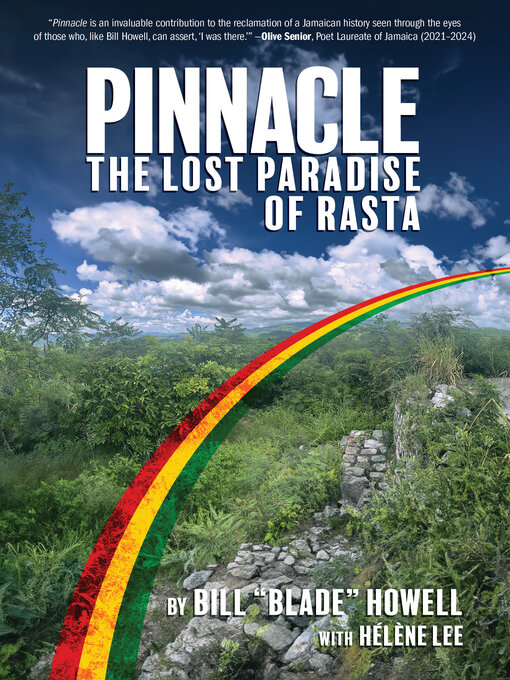A fascinating first-person origin story of Rastafari beliefs, culture, and philosophy, capturing a crucial and little-known chapter in Jamaican history
IN 1932, A JAMAICAN MAN NAMED LEONARD PERCIVAL HOWELL began leading nonviolent protests against British colonial rule. Adding a religious element to Marcus Garvey's message of African independence, he founded an organization called the Ethiopian Salvation Society. Though informed by Christian values, Howell made a significant break from the Bible and extended the idea of divinity to a living man, Emperor Haile Selassie I, the king of Ethiopia since 1930.
Labeled as "seditious," and becoming a target for police harassment, Howell and his followers moved in 1940 to an old estate in the parish of St. Catherine. They named their land Pinnacle, and for the next sixteen years built a self-reliant, egalitarian community. Jamaican journalists coined a name for the growing group: the "Ras Tafarites," or "Rastas."
In Pinnacle: The Lost Paradise of Rasta, Bill "Blade" Howell—born in Pinnacle in 1942—offers his firsthand account of this utopian settlement that would ultimately give birth to the Rastafari movement. Here, he provides a crucial and highly informed new perspective on the Rastafari subculture that Bob Marley would later help to spread across the globe.


